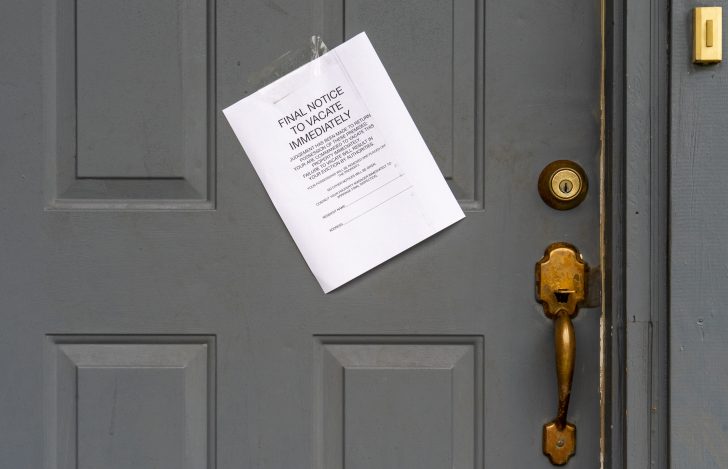Wrongful Evictions Due to Ellis Act Violations

03Jun
Wrongful Evictions Due to Ellis Act Violations
If you're a renter covered by a Rent Ordinance, your landlord must have a "just cause" reason to evict you. However, there are situations where landlords don't have a valid reason and just want to get rid of a tenant so they can re-rent the space for higher rent. They either use scare tactics to get you to move out or they don't complete the necessary process of eviction to properly evict you legally. One way that this can happen is when the landlord makes Ellis Act violations. Ellis Act evictions are significant because they aren't included in the eviction moratoriums.
What is the Ellis Act?
The Ellis Act is a state law that allows landlords the right to "get out of the rental business" through eviction. Although it is a state law, there are variations of the law that depend on the specific locality. However, the basic tenets are the same throughout the state. For example, every tenancy in an "Ellis Act" building must be terminated; the Act doesn't allow a landlord to single out tenants for eviction. This means that if a tenant was targeted for eviction and not all of the tenants in the building were, then this is a clear violation of the Ellis Act.
Requirements of the Ellis Act
Besides the termination of all the tenancies, there are other requirements that the landlord must satisfy under the Act:
- Duration requirements: One of the requirements of an Ellis Act eviction is that the landlords must abide by specific limitations for the conditions of the future re-renting of their properties.
- Re-rental requirements: The building can't be re-rented for two years and any rental agreement initiated within five years will be capped at the rent that would have been paid by the evicted tenant.
- Recording requirements: Landlord must inform the proper city agencies of any Ellis Act eviction. The restrictions regarding future use of the property are generally recorded against its title.
Evicted Tenants' Rights
If you're a tenant who was evicted under the Ellis Act, you are entitled to certain rights. For instance, if your landlord goes back into the rental business with their building, you have the right of first refusal for 10 years after the eviction. In general, tenants living in a unit at the time the Ellis Act is used are entitled to receive a relocation payment, which can increase or decrease depending on a number of factors, including location.
Other Ellis Act Violations
A landlord may not threaten their tenants with Ellis evictions by calling them or emailing them or giving them a letter. The tenant might mistake the letter for an official eviction notice and panic. Based on this, a tenant may move out and then the landlord re-rents their unit for more money.
If a landlord is legitimately using the Ellis Act, then you would get an official eviction notice and not a phone call, email, or unofficial note.
Related Posts You Also May Like
Get Started
For more information or to discuss your legal situation, call us today at (415) 649-6203 for a phone consultation or submit an inquiry below. Please note our firm can only assist tenants residing in San Francisco, Oakland & Berkeley.





